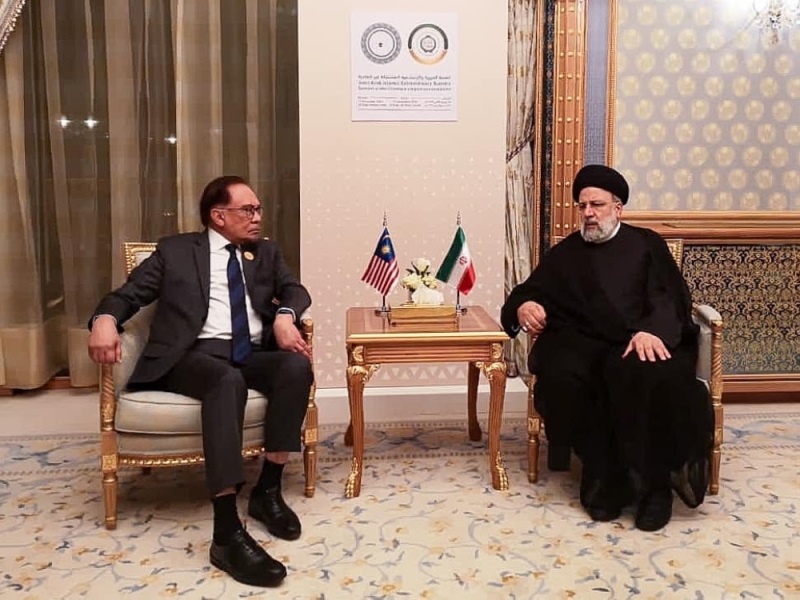
KUALA LUMPUR, Malaysia: In international relations, foreign policy and economic policy are often intricately related. Good diplomatic relations bring economic benefits and good economic relations usually lead to stronger diplomatic relations between nations.
I have noticed that our national leaders have been spending a lot of their time on foreign relations ventures that will provide little economic benefit to the country. They risk alienating those very countries on which Malaysia's future economic progress is highly dependent.
Instead of being statesmen, they have become rabble-rousers, hoping to ride on a tide of emotions to enhance their political prospects.
Small countries like Malaysia must be clever in their international relations to make sure they do not antagonize important economic partners and undermine their economic prospects. We can have a stand on issues, but how we make that stand is important.
Malaysia has had too many leaders who have not been international statesmen. They have failed at providing a balanced perspective on international developments, and rather than seeking to reconcile and understand, have instead reacted emotionally.
They have undermined themselves and the country by playing to popular sentiments of gullible citizens domestically and internationally to countries with very little stake in Malaysia's economy.
While our leaders are strutting in front of largely economically irrelevant countries, more globally suave leaders from other countries are forging stronger strategic ties with economically important countries. As the saying goes, “Show me your friends, and I’ll tell you who you are.” This is as true for countries as it for individuals. Malaysia’s leaders, regrettably, have not appreciated this.
For a country with a government debt burden of RM1.5 trillion, and one still growing fast, even as economic growth remains moderate (slow), it not only needs to optimize how it spends taxpayer funds, it must also focus on stronger ties with economically strategic countries.
Failing this, and if things continue as they have, it is not unforeseeable that Malaysia itself will need global financial assistance in the future. Oil revenues will not save a country living beyond its means for so long despite those oil revenues. Maybe, the friends it has been keeping will offer it a helping hand. Probably not.
I have previously noted that there is a clear lack of economic momentum in the country's economic policies. Now, we have leaders who are more interested in pulling self-glorifying international relations stunts, rather than address core issues hurting economic progress.
There is no greater symbolism of the growing national mediocrity than the tendency of the country's leadership to indulge in this type of belly button gazing behavior. It does not bode well for the economy.




0 Comments
LEAVE A REPLY
Your email address will not be published